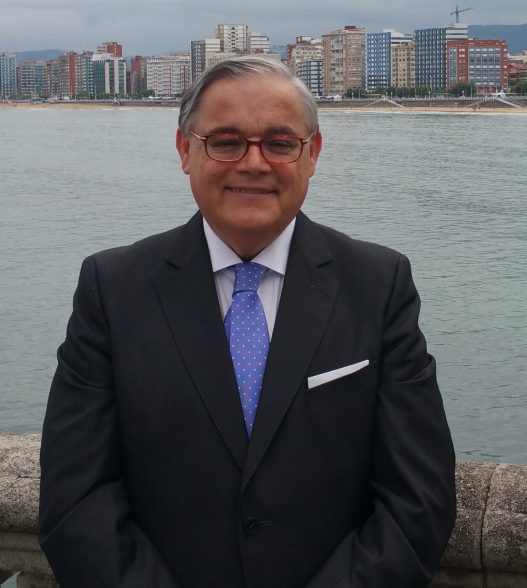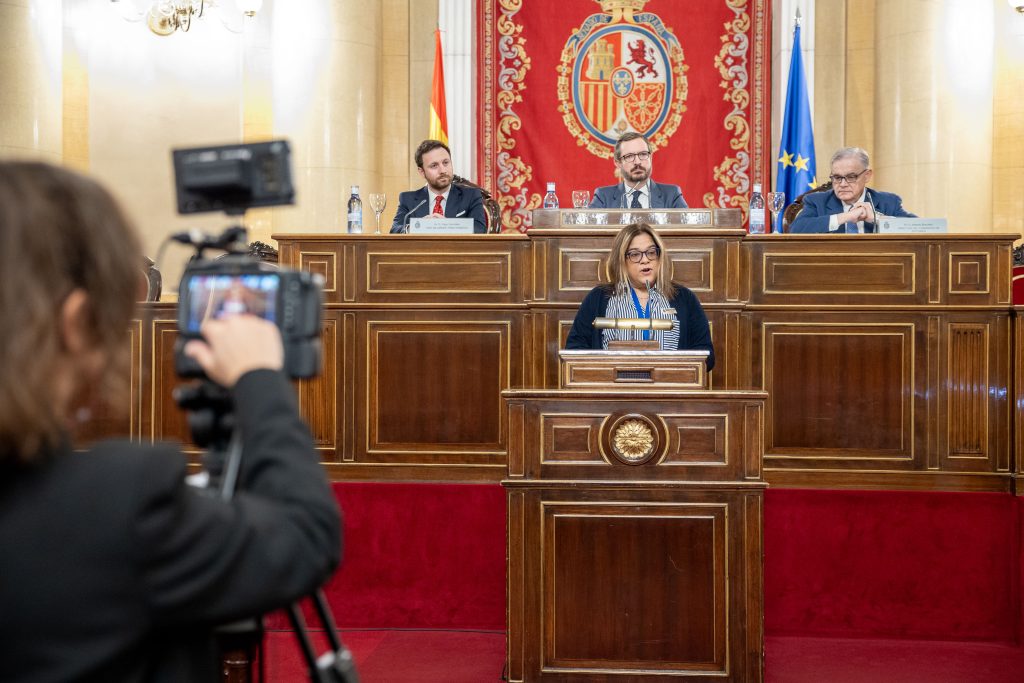ALBERTO BARCIELA
THE BEAUTIFUL JOB OF INFORMING

Published in Prensa Ibérica
Collective coexistence must be solved, in that we communicators cannot fail our contemporaries, even our ancestors. We had a business model, related to the market through advertising, subject to ups and downs and to some intrusions, mainly public. The German philosopher and sociologist Jürgen Habermas denounced this phenomenon of information capture by forces other than the fundamentals that ensured a free, independent and critical public opinion in democratic societies. Watergate came along to disprove such an extreme opinion, and to demonstrate that alongside the subjugated, manipulated press, there was an independent press. The latter is the only one that can be defended, in which the role of journalists can be vindicated, without dogmatism, without ambiguity, without circumlocutions or baroque in which to run the risk of getting lost.
This is what Hanna Arendt, philosopher, historian, political scientist, sociologist, university professor, writer and political theorist, also of German origin, later nationalized American, said: “it is necessary to build a common public sphere where the facts of the day (that dose of truthfulness) can be presented to the citizens to generate a national conversation” – if one wants global or local, I add – to prevent the advance of totalitarianism.
All these authoritative warnings have been diluting, falling into the oblivion of the trash garbage can next to the common space of the facts or have been shredded in the dustbin of the networks. And here there are no metaphors, nor anecdotes like the one about Alfonso Reyes’ maid who collected his torn papers and carefully recomposed them. As Carlos Fuentes told it, the maid recovered sheets of paper discarded by the Mexican writer and poet and arranged them in a folder titled “Papeles rotos de Don Alfonso.”
We are witnessing the era of the greatest scientific and technical advances, but if the speed of novelties is vertiginous, the prominence of the excluding is proportionally greater. On the platform are the new digital illiterates, who join the hordes of previous illiterates.
We seem to know our surroundings better. We know that we cover more, but we do not know more. On the contrary, we evidence deficiencies that are growing exponentially. The abundance of information subjects us to a sort of censorship, not exactly imposed but real. We observe ever more distant galaxies, we delve into the microscopic, we are distracted by the global, we run in all directions and faster and faster, we beat all records, at all hours, but we cannot assert that the advances are all of quality, nor that we can reach achievable goals in a lifetime.
As journalists, we are called upon to generate reliable information/knowledge, to translate into comprehensible -and economically- achievements within the reach of a few. The role of communicators has to be to moderate, to ponder, to balance so much gap, to review among the garbage and rescue what is wonderful and wonderful and discard what is despicable. Perhaps we should propose a revolution aimed at reaching a consensus on what is normal. We can give our opinion, of course we can, even predict, but we must not be disoriented or distracted by a crazed compass. The objective is to narrate, to investigate, to contrast facts. As Ortega would say, the human being builds schemes and interpretations of the world that serve him “to walk among things and carry out his life, to orient himself in the chaos of circumstance”. The journalist as a rational being has to contribute an extra to decipher the hieroglyphic, to lead the receivers through this labyrinthine world, full of traps but exciting, which represents the fact of informing.
————
Alberto Barciela, journalist, is the director of the VII Congress of Media Editors Europe – Latin America.
This text is for free use. If you use it, please cite the author.


